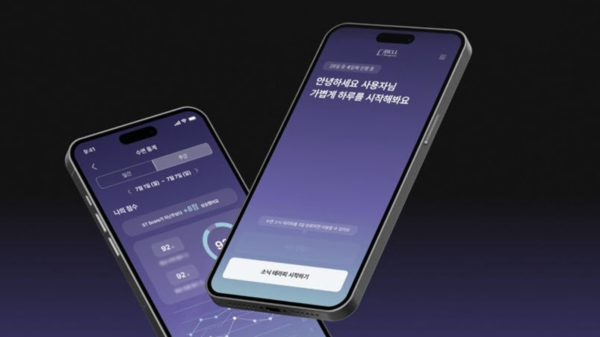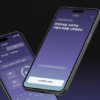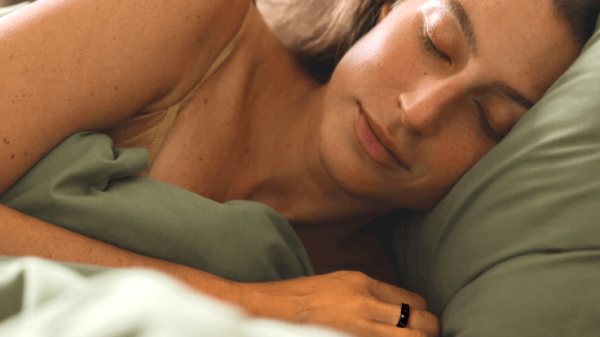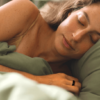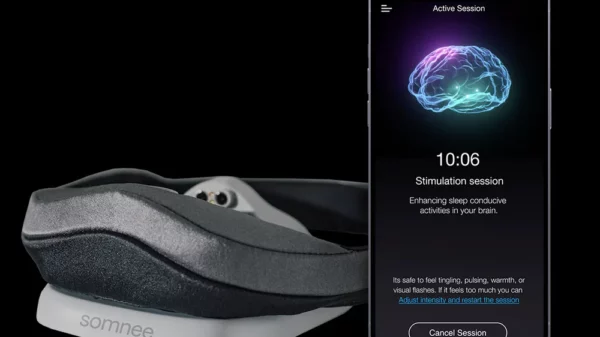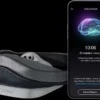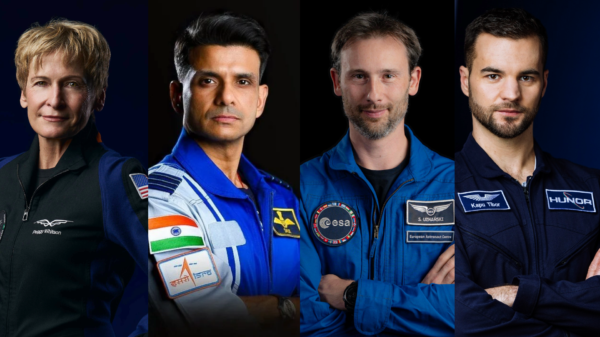In the next five years, the sleep tech market will grow due to the increase in sleep disorders and will be dominated by North American companies, according to a new report by the market research firm DelveInsight.
On Tuesday, the Las Vegas-based firm released the market report which provides a current and forecast overview of the sleep tech devices market. It found that a vital determinant of the market’s positive growth will be the rising geriatric population and more people suffering from insomnia, narcolepsy and other sleep disorders.
Because of the increase in sleep disorders, the sleep device market is estimated to reach a 15.67 per cent compound annual growth rate (CAGR) during 2022-2027.
The report mentions that as age increases, the chances of suffering from obstructive sleep apnea and other sleep disorders such as periodic limb movements in sleep (PLMS) increase.
According to the National Institute of Neurological Disorders and Stroke around 135,000-200,000 people in the United States have narcolepsy which increases the demand for sleep tech devices and drives the growth of the market.
The report says that wearable sleep tech devices are expected to hold a significant revenue share in the year 2021 and the key attributes that are supporting the market include being easy to use, lighter, smarter, portable, user-friendly and comfortable.
“Patients who use wearable sleep trackers can take charge of their sleep and exchange data with their doctor for accurate diagnosis,” write the analysts on the report.
Read more: 3 wearable devices that help with sleep and relaxation
Read more: Tilray Medical launches CBN oil for sleep
Advanced technologies are powering the growth of the sleep tech market
Analysts found that the surge of new technologies has been contributing to the growth of the sleep tech devices market.
More companies are creating devices that incorporate other advanced technologies such as artificial intelligence (A.I.)-powered tracking devices that provide users with more understanding of their sleeping habits.
Some of these devices monitor a person’s movement, sleep patterns, heart rate and blood oxygen levels to address sleep stages. And with the help of A.I., the analysis of sleep data can be processed faster and provide insight into sleep patterns.
Some devices like the Dreem headband incorporate –via an app– collected sleep data into a seven-week sleep coaching program which includes exercises, tools and other recommendations.

Dreem headband. Image via Dreem
This June alone, three companies with operations in India released their wearable devices with sleep-monitoring features. Garmin is a Swiss-headquartered tech company which launched its Vivosmart 5 fitness band in India while pTron launched its new Force X10E smartwatch. The third company, Amazefit also had its India release for its GTS 2 smartwatch which monitors sleep.
According to the report, the companies currently controlling the market include Koninklijke Philips N.V, Huawei Device Co Ltd, ResMed, Xiaomi, Apple Inc, ASUSTeK Computer Inc, SAMSUNG, Masimo, Garmin Ltd, Compumedics Limited, NIHON KOHDEN CORPORATION, Cadwell Industries Inc, Eight Sleep, Emfit Ltd, Ōura Health, Sleep Shepherd LLC, Sleepace, Apollo Neuroscience Inc, Braebon Medical Corporation and Noise.







